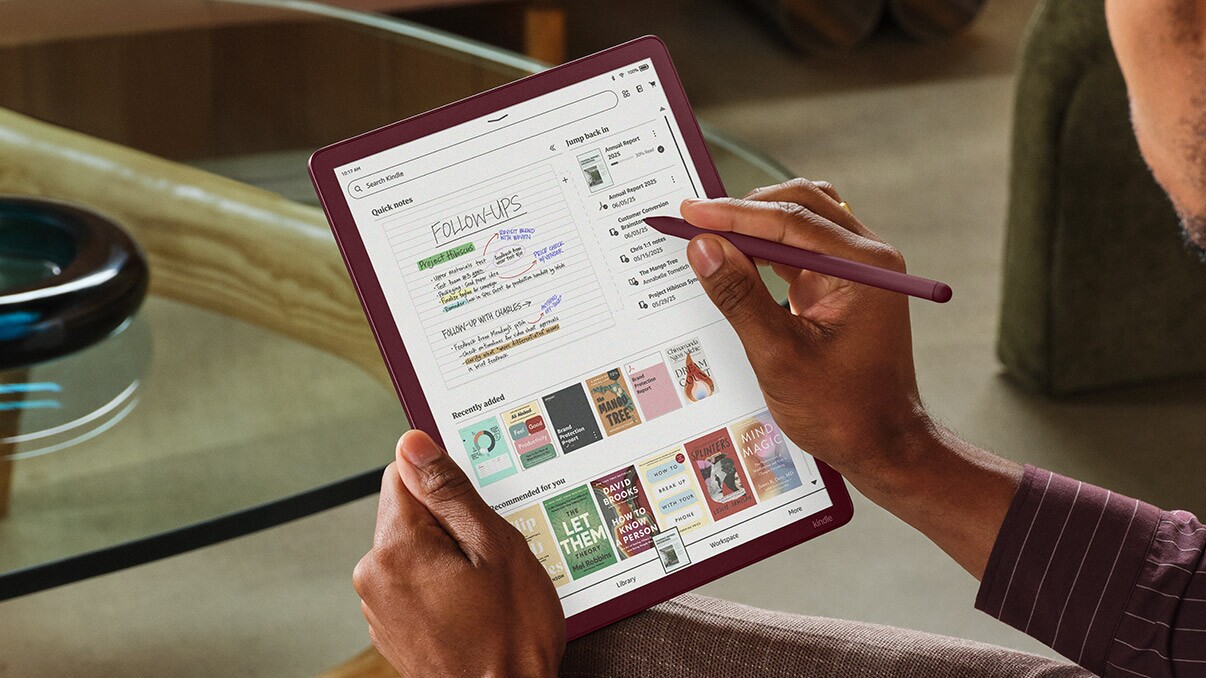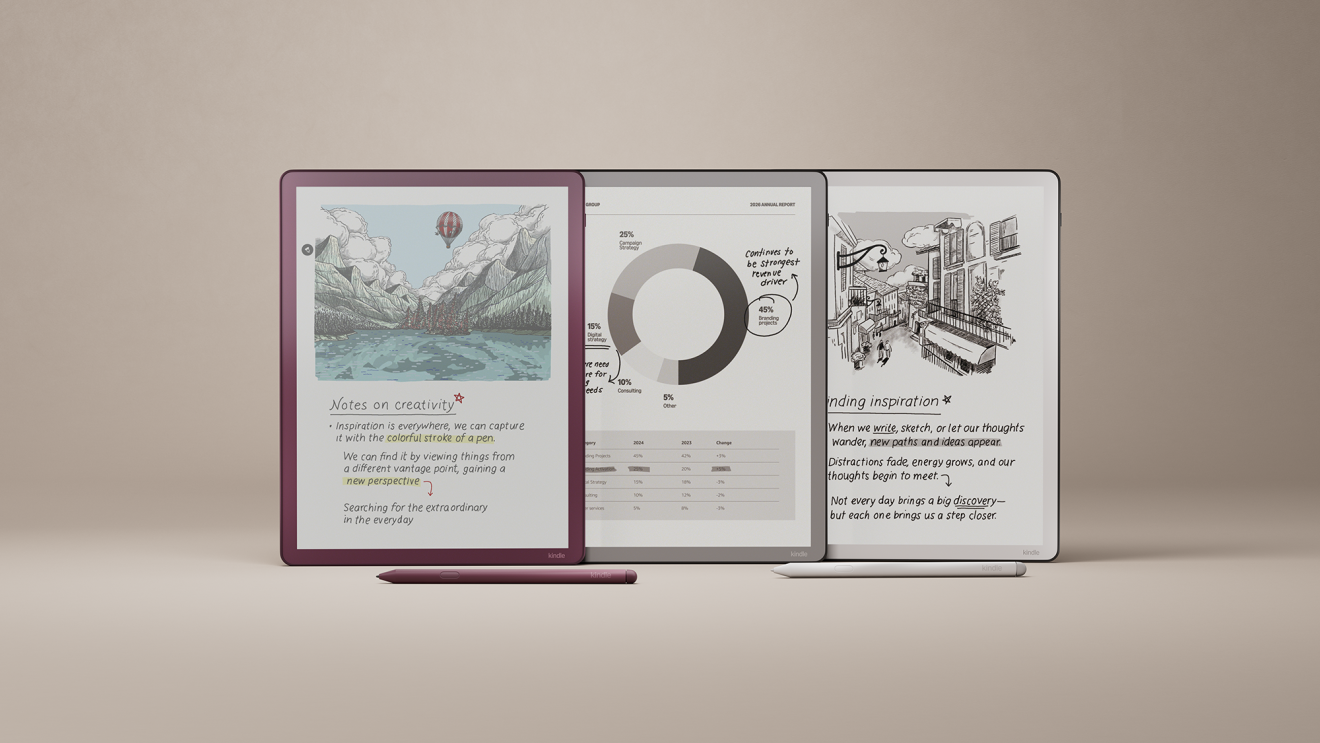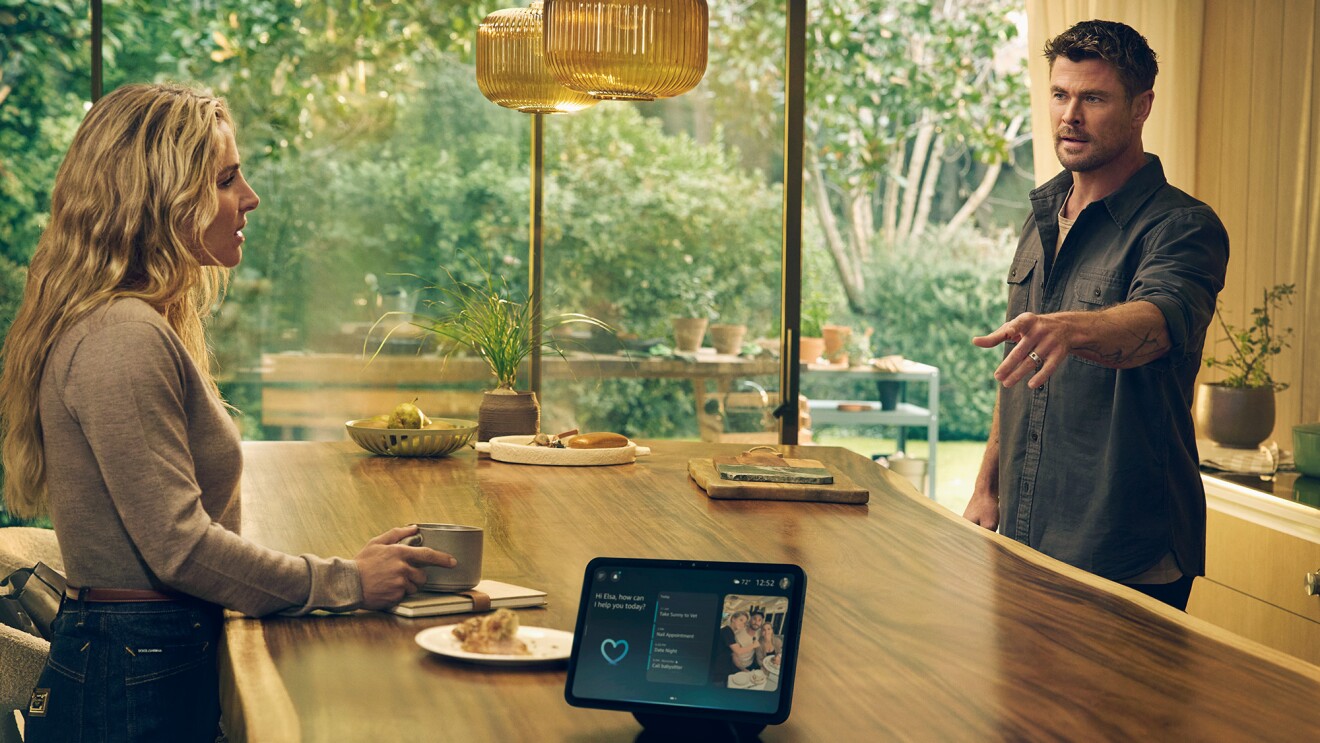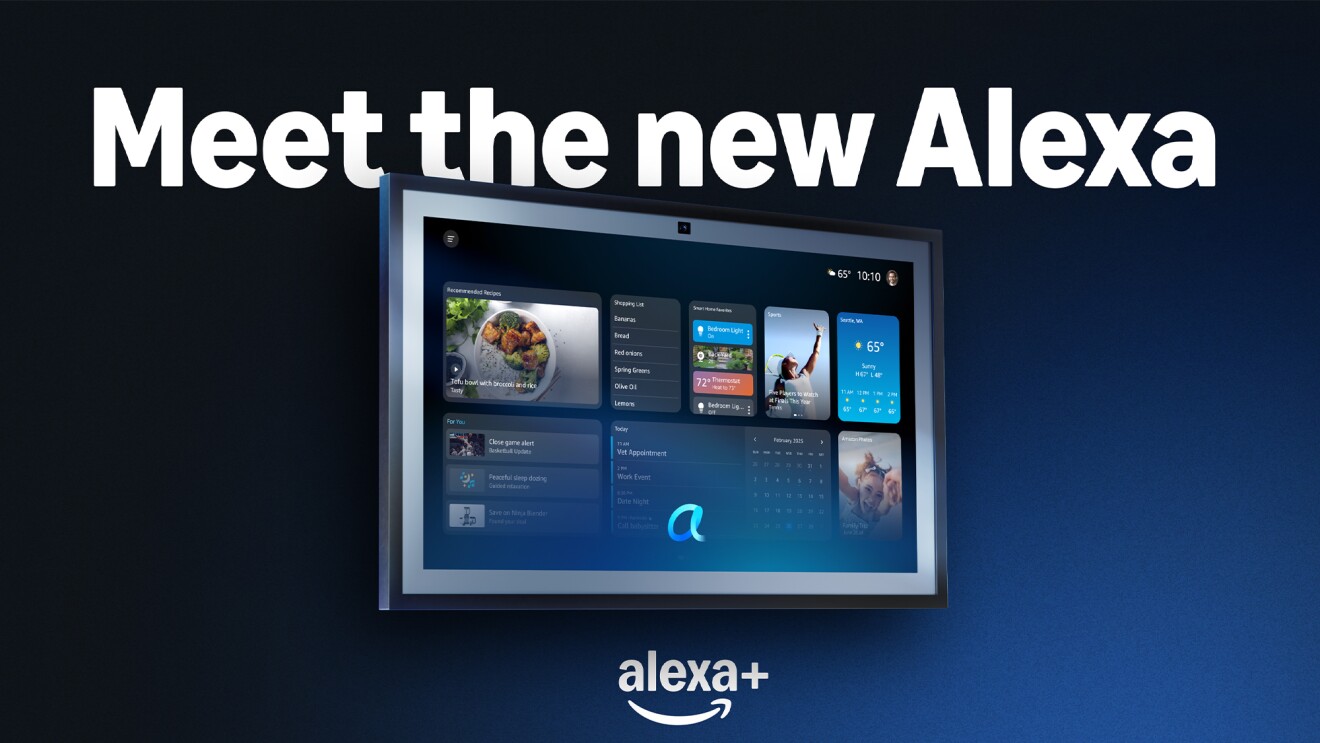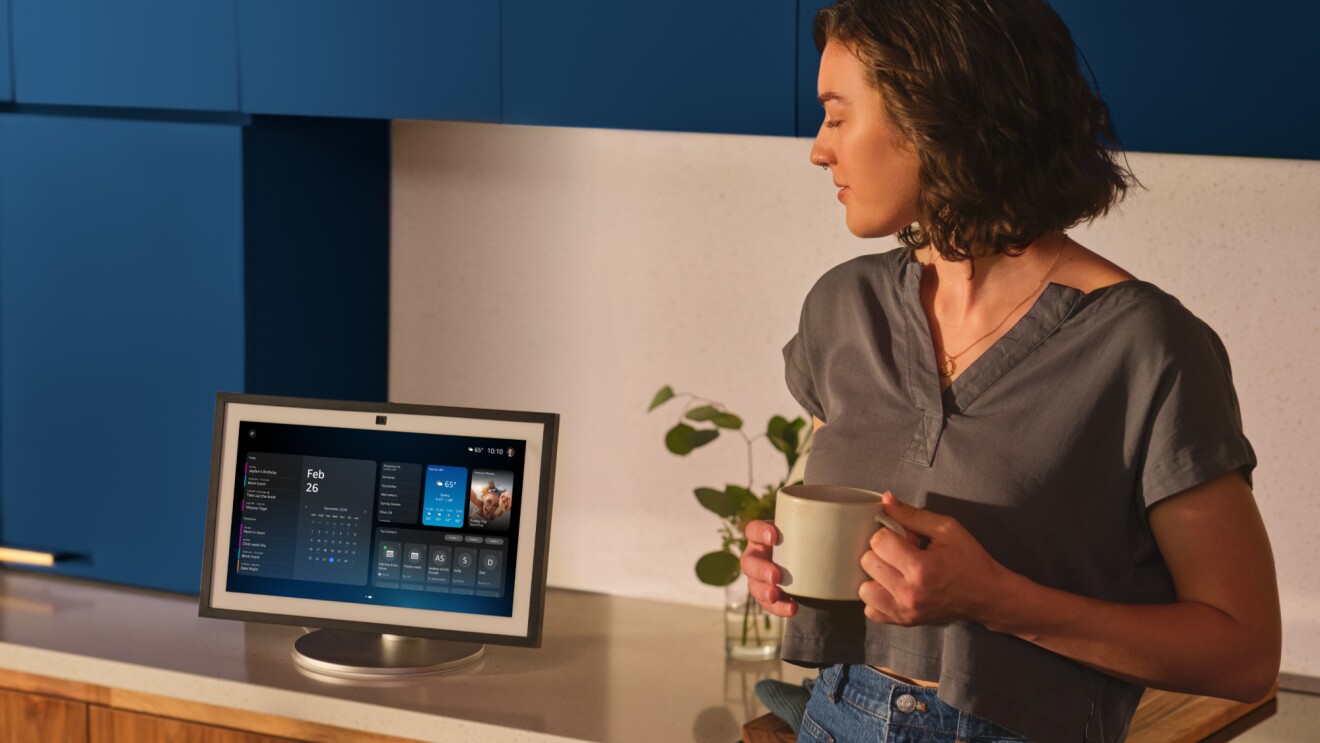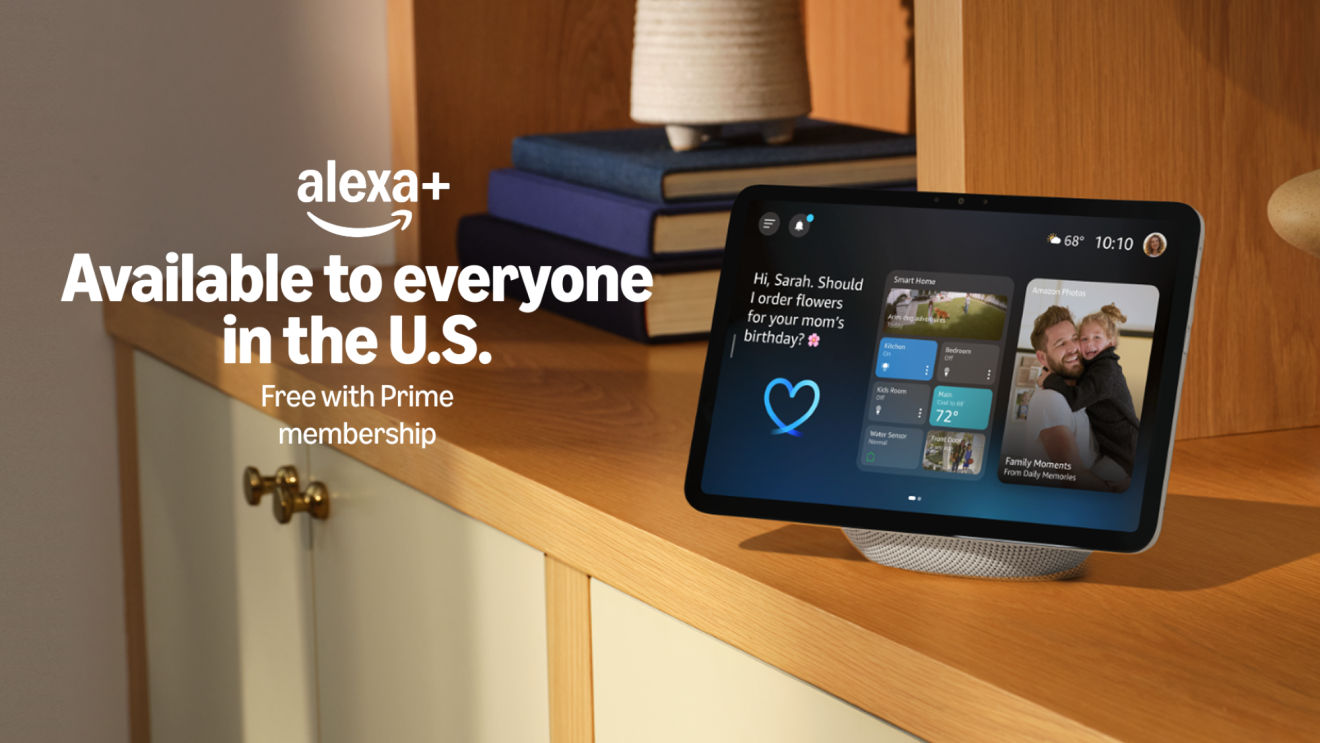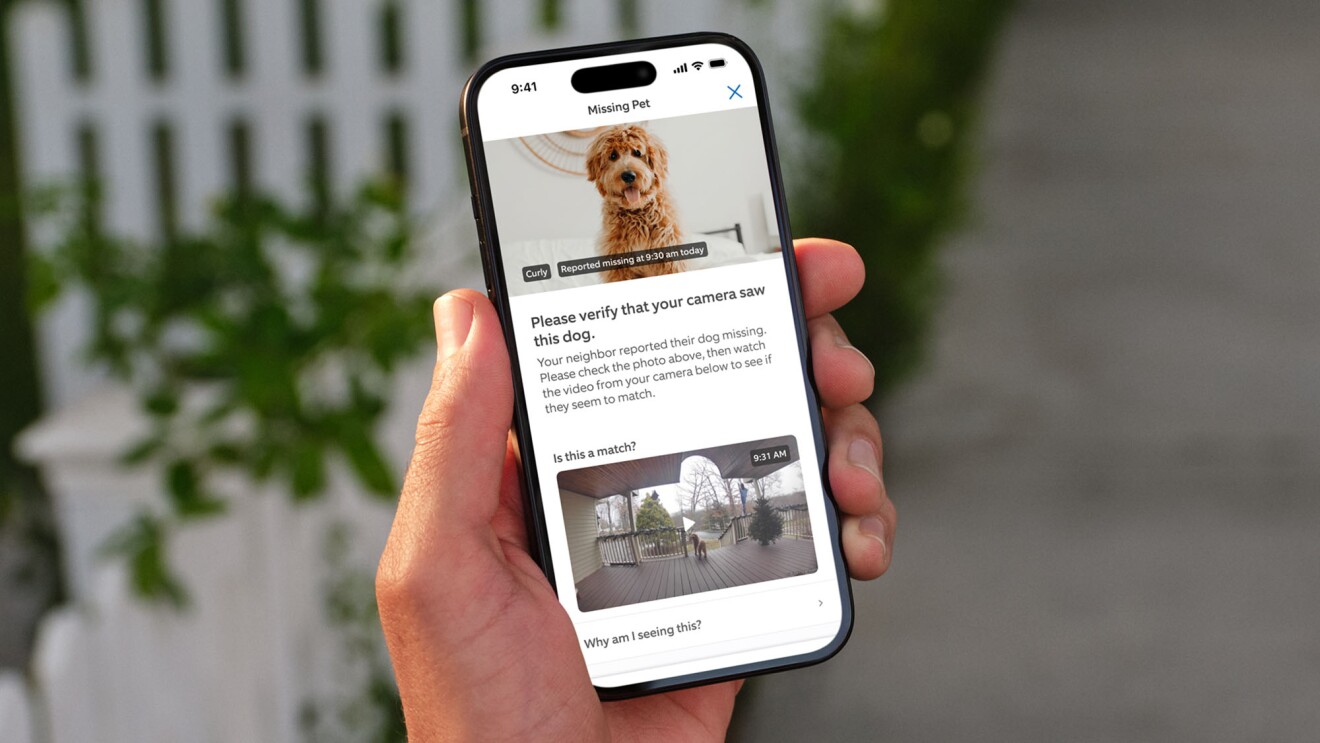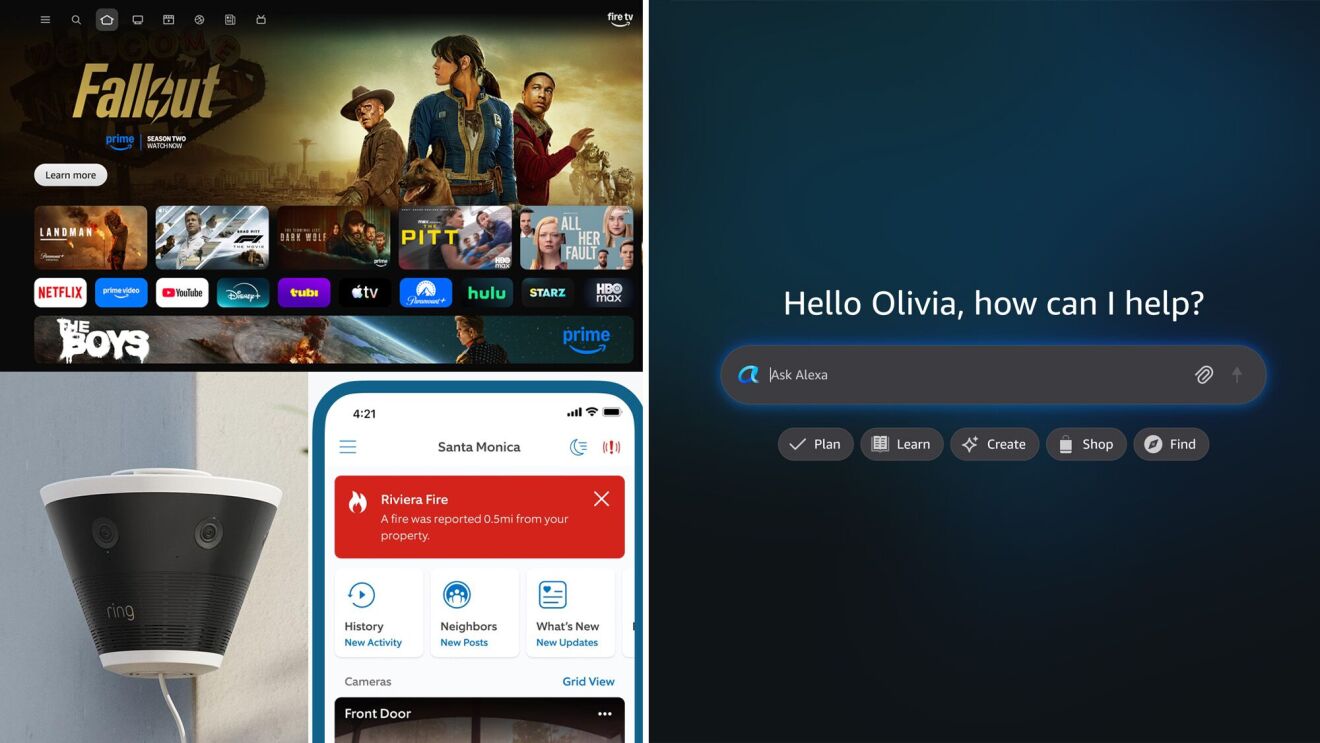Around the world, people use Alexa as part of their daily routines. From checking on the status of their Amazon packages to controlling the lights in their homes, customers are using Alexa to make their lives a little easier.
Other customers also share that Alexa is more than just a convenience. For example, Alexa helps Eric—who is quadriplegic—take control of his environment and gain more independence. Eric shares how he uses Alexa to make his home more accessible and carry out daily activities independently.
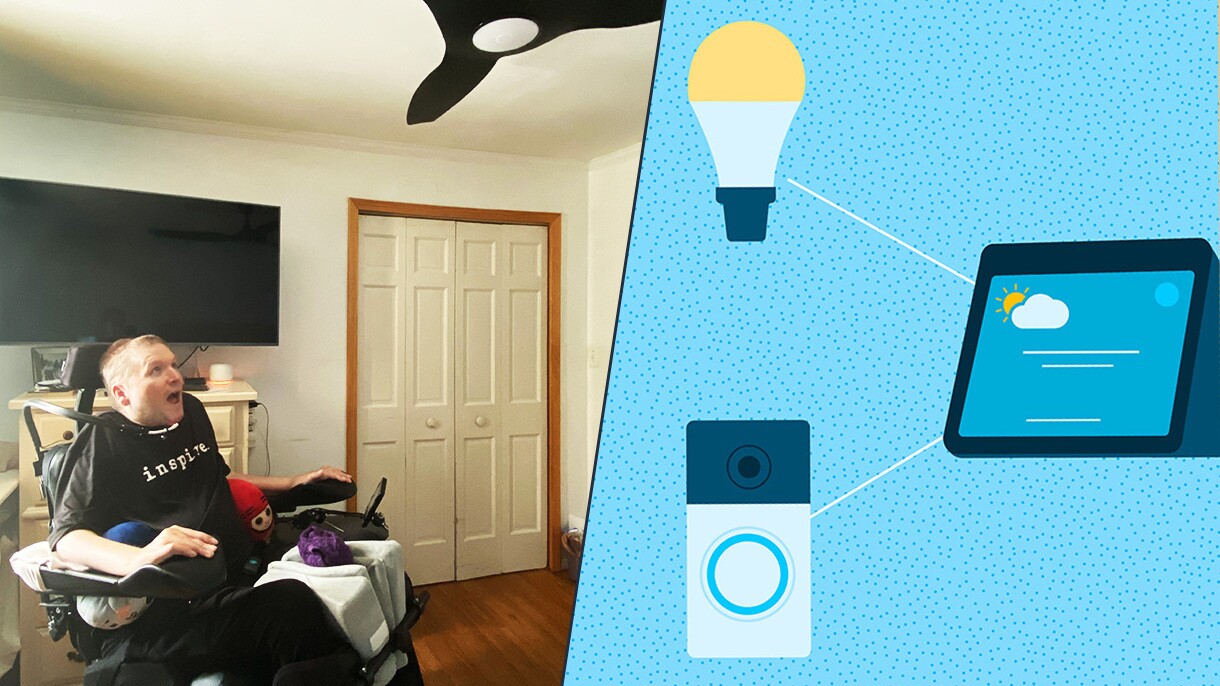
In Eric’s words:
When I was 20, I became quadriplegic and had to completely change the way I do things. Without being able to move my arms and legs, the way I controlled my life needed to completely change. After returning home from the hospital, I had the support of caregivers to help me with my daily activities. An incident that happened years later with a caregiver is what first brought me to Alexa.
One day, I was lying in bed while my caregiver cleaned my house. I could hear her coughing from a distance—I called out to her and didn’t get a response. I had a bad feeling, and began to worry about how to help her. I was on my laptop, so I could use that to call my mom to get her an ambulance. Thankfully she was OK, but after that happened, I had a meeting with my family and my circle of supporters. ‘In an emergency, how would I be able to call someone for help? We needed to have a solution for that.’ I started my search for assistive voice technology, and that’s when I found Alexa.
When I first got out of the hospital in 1998, my only options for assistive technology were an early service that used my breath to activate technology or very rudimentary prototypes of what would one day become technology like smart plugs. But they weren’t covered by my insurance, so they were expensive. In addition, they weren’t readily available for the average consumer—you needed a referral from your doctor to be able to purchase them. When I found Alexa, I realized how a smart device could be a total game changer for people like me. That was when I bought my first Echo Dot.
These days, I have Echo devices all over my house, and it’s been a total change for my independence. The thing I love most is how Alexa is compatible with other products on the market. I love searching on Amazon and filtering by products that are compatible with Alexa—there are so many. I have a ceiling fan that I can turn on and off while I’m lying in bed, and I can turn the lights on and off. I listen to audiobooks, I can choose my own music, and now that I have Ring cameras, I can also answer the front door and check who is there, which is just another layer of security and independence for me. I can even place products in my shopping cart on Prime and can order by using my voice.
Alexa allows me to control my own environment—it gives me more freedom, more independence, and overall, a better quality of life. And I can do it on my terms—I don’t have to wait for someone to help me. I can do what I want, when I want. With Alexa, I can do things that people might think I couldn’t do—I really love asking Alexa to turn on the coffee maker, so I can offer people a cup of coffee when they come to visit. It always surprises people that I’m able to make coffee like that.
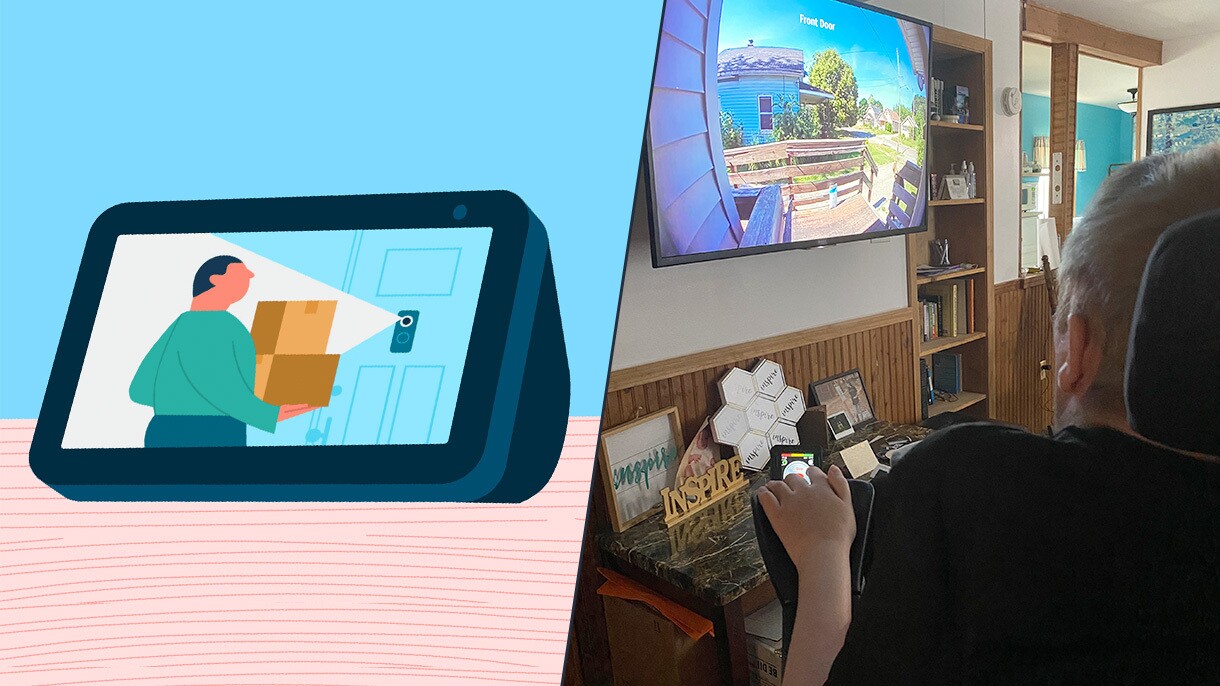
Something I’m really passionate about is mentoring and supporting others who might be returning home from rehab—and trying to figure out how to make their lives more accessible. There’s so much information out there, and I really believe that Echo devices can be a great help to others with disabilities.
Learn more about Alexa’s accessibility features at the Accessibility Hub, or explore how Alexa could help make your daily life a little simpler.
If you have a story of your own about how you use Alexa, we'd love to hear it, and we will continue sharing some of our favorite #AlexaStories. You can email us or tag us on Twitter or Instagram @alexa99 or #AlexaStories. Additionally, to learn more about how Alexa is helping people in different ways, you can watch Alexa Stories videos.



